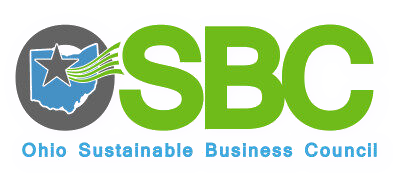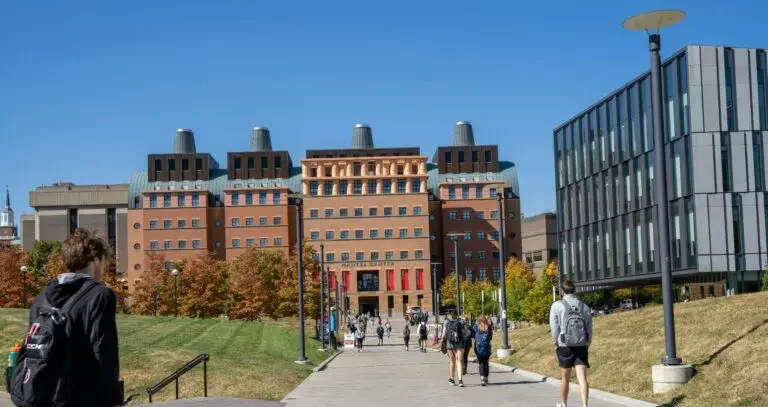April is Move Your Money Month and it’s never too late to move your money and localize your economic impact.
Top 5 Reasons to Choose a Community Bank or Credit Union from our friends at AMIBA and the Institute for Local Self-Reliance.
By Stacy Mitchell, Institute for Local Self-Reliance (From 2010)
1. Get the Same Services at a Lower Cost
Most locally owned banks and credit unions offer the same array of services, from online bill paying to debit and credit cards, at a much lower cost than big banks. Average fees at small banks and credit unions are substantially lower than at big banks, according to national data. Studies show that small financial institutions also offer, on average, better interest rates on savings and better terms on credit cards and other loans.
2. Put Your Money to Work Growing Your Local Economy
Small businesses, which create the majority of new jobs, depend heavily on small, local banks for financing. Although small and mid-sized banks control less than one-quarter of all bank assets, they account for more than half of all small business lending. Big banks, meanwhile, allocate relatively little of their resources to small businesses. The largest 20 banks, which now control 57 percent of all bank assets, devote only 18 percent of their commercial loan portfolios to small businesses.
3. Keep Decision-Making Local
At local banks and credit unions, loan approvals and other key decisions are made locally by people who live in the community, have face-to-face relationships with their customers, and understand local needs. Because of this personal knowledge, local financial institutions are often able to approve small businesses and other loans that big banks would reject. In the case of credit unions, control ultimately rests with the customers, who are also member-owners.
4. Back Institutions that Share a Commitment to Your Community
The fortunes of local banks and credit unions are intimately tied to the fortunes of their local communities. The more the community prospers, the more the local bank benefits. This is why many local banks and credit unions are involved in their communities. Big banks, in contrast, are not tethered to the places where they operate. Indeed, they often use a community’s deposits to make investments in other regions or on Wall Street.
5. Support Productive Investment, Not Gambling
The primary activity of almost all small banks and credit unions is to turn deposits into loans and other productive investments. Meanwhile, big banks devote a sizeable share of their resources to speculative trading and other Wall Street bets that may generate big profits for the bank, but provide little economic or social value for the rest of us and can put the entire financial system at risk if they go bad.
Find more excellent research and resources about Local Banking at the Institute for Local Self-Reliance (ILSR).
ShareDiscover more from Ohio Sustainable Business Council
Subscribe to get the latest posts sent to your email.



